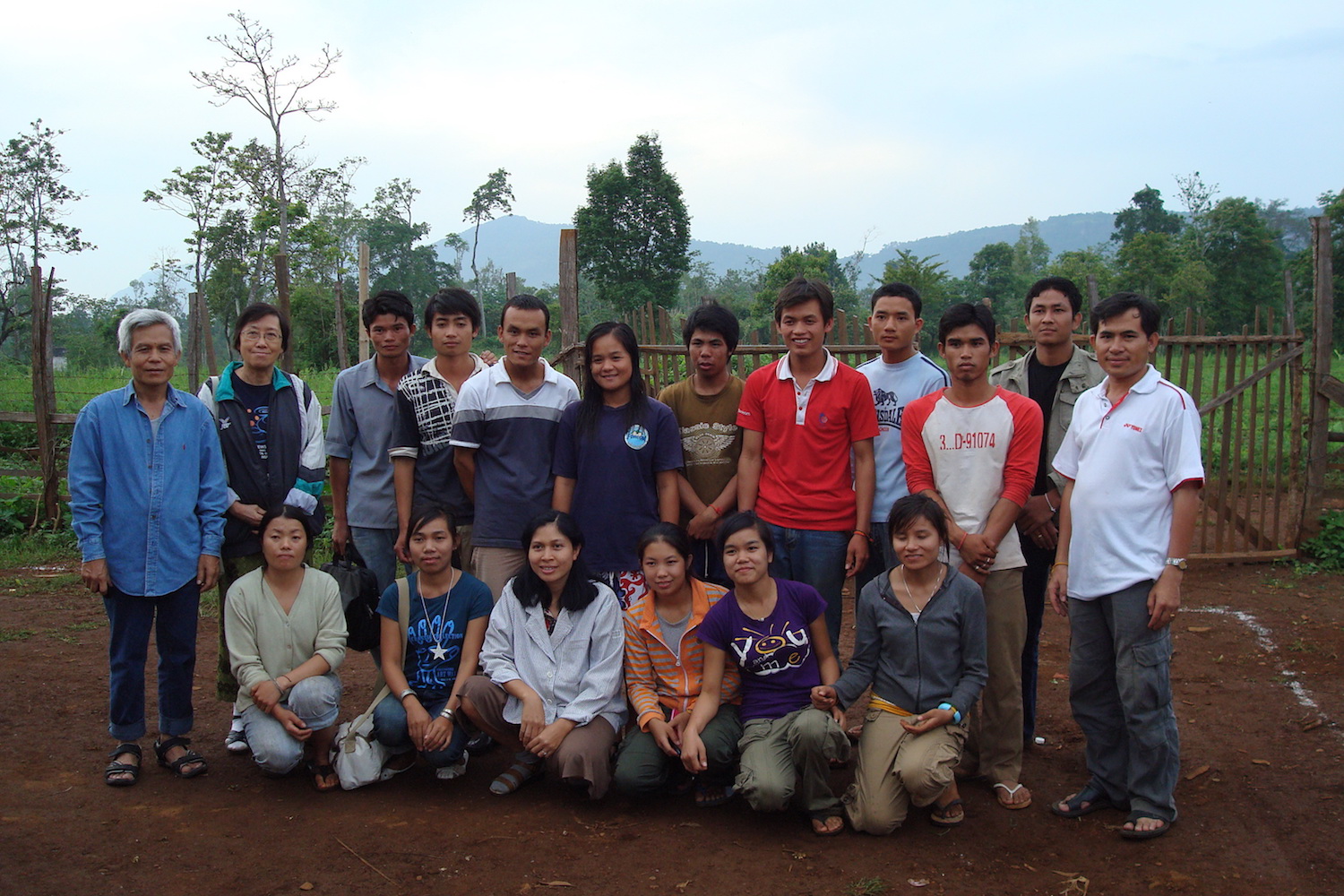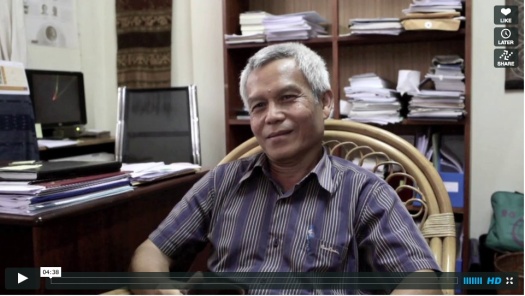The Asahi Shimbun: 25 March 2014
Hideki Wakabayashi, Secretary General, Amnesty International, Japan
On Dec. 15, 2012, in the Laotian capital of Vientiane, 62-year-old citizen activist Sombath Somphone was stopped by police at a checkpoint and taken away by unidentified abductors.
The kidnapping was recorded on video, but the Laotian authorities denied any involvement in the incident. Despite pleas from the international community, the authorities today still have not taken any concrete measures to solve the case, and there are even suspicions of a cover-up.

Sombath had worked on poverty issues in Laos and had been long involved in advising farmers and in environmental education. For this meritorious service, in 2005 he was the recipient of the Magsaysay Award, an honor that is called the Nobel Prize of Asia.
On Dec. 15, 2013, exactly one year after the kidnapping, Prime Minister Thongsing Thammavong of Laos, who was visiting Japan for the ASEAN-Japan Commemorative Summit Meeting, held a top-level meeting with Prime Minister Shinzo Abe.
Continue reading “Abe's 'values diplomacy' fails to address human rights issue in Laos”




